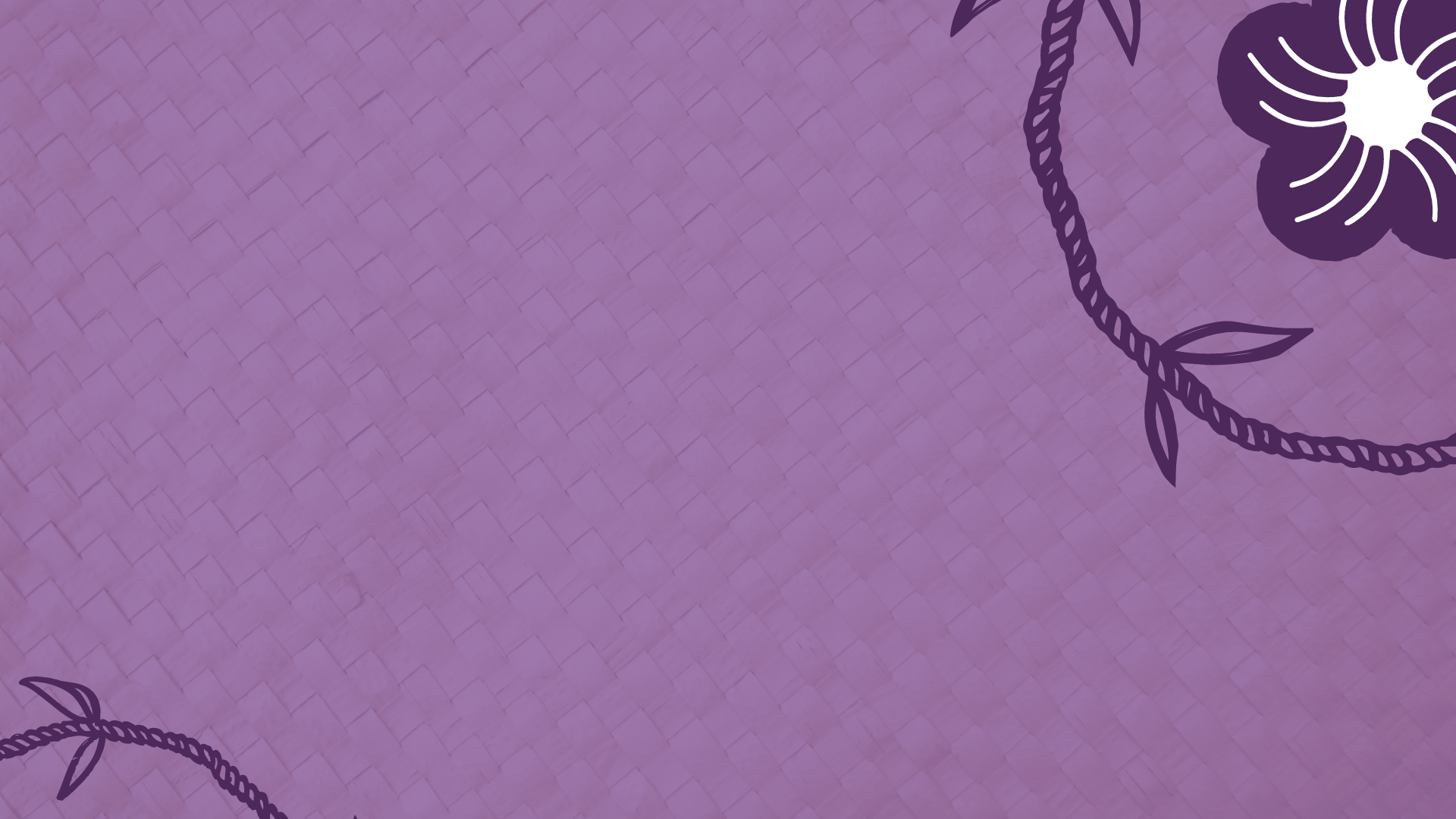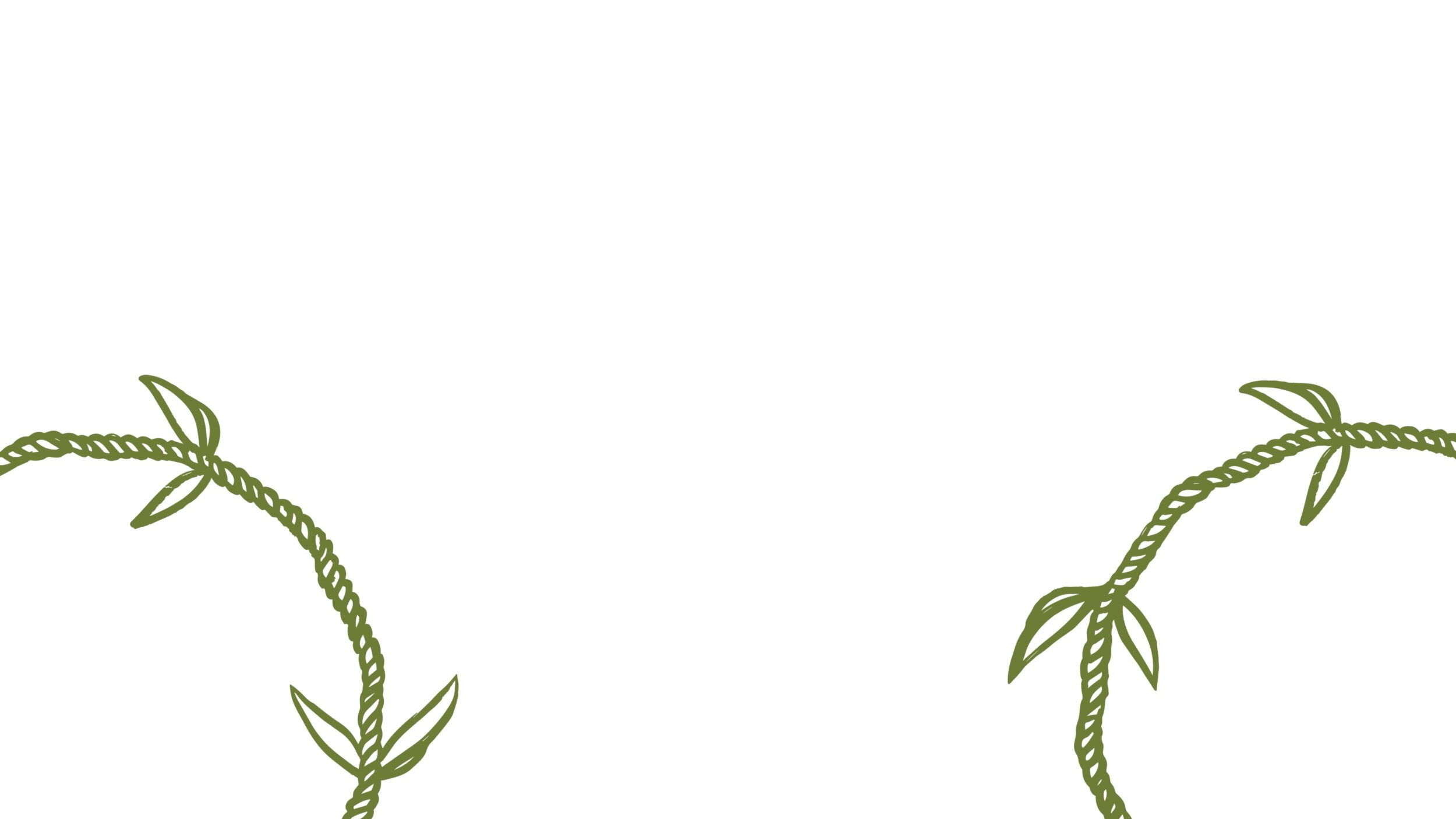
Case Study: Global Justice Center
Building Healthy Organizations

Global Justice Center
Overview
The Global Justice Center is an international gender and human rights organization that engages in multi-sectoral legal and advocacy work to cultivate a gender-equal world. While the organization is based in New York City, its grassroots partners and coalitions are global. Over time, it became evident that this U.S.-centric structure and culture was creating barriers to genuine partnership and relationship with vital grassroots partners and coalitions. The Global Justice Center therefore approached Kahakulei for a one-year engagement to revamp their diversity, equity, inclusion, and belonging work, both internally and externally.
Solution
The Kahakulei Institute designed a holistic program to enhance Global Justice Center’s ability to work cross-culturally and cross-nationally at all leadership levels and across departments. This engagement included executive coaching, workshops, and seminars. Both the board and staff were engaged throughout this process, with key individuals participating in coaching and consultation sessions.
Outcome
After engaging with the Kahakulei Institute for a year, Global Justice Center alleviated internal tensions that had been building up over time due to a rigidity and lack of cultural humility in their approach. This improved the effectiveness of their staff’s ability to produce outcomes, as well as the overall organization’s effectiveness in partnering with key community partners and coalitions. Thrilled and grateful for these results, the Global Justice Center is eager to develop an ongoing monitoring and evaluation plan for this work with the Kahakulei Institute.
“As a rural community member and nonprofit leader, I struggled articulating to my organization and community on why we are centering race in our equity work. The Kahakulei team supported us by engaging in our own stories of othering and belonging, coupled with better understanding systemic and structural racism and how it impacts communities and disparities – especially rural communities like ours made up of primarily white people.
The Second Circle series was a game changer in our community. Participating members walked away with a deeper understanding and empathy of each other and marginalized populations. They immediately implemented a more inclusive way of acting. We were fortunate enough to have 5 community members trained as Second Circle facilitators, which has perpetuated this deep learning in our community and helped to create a culture of inclusion, healing, and action.”

